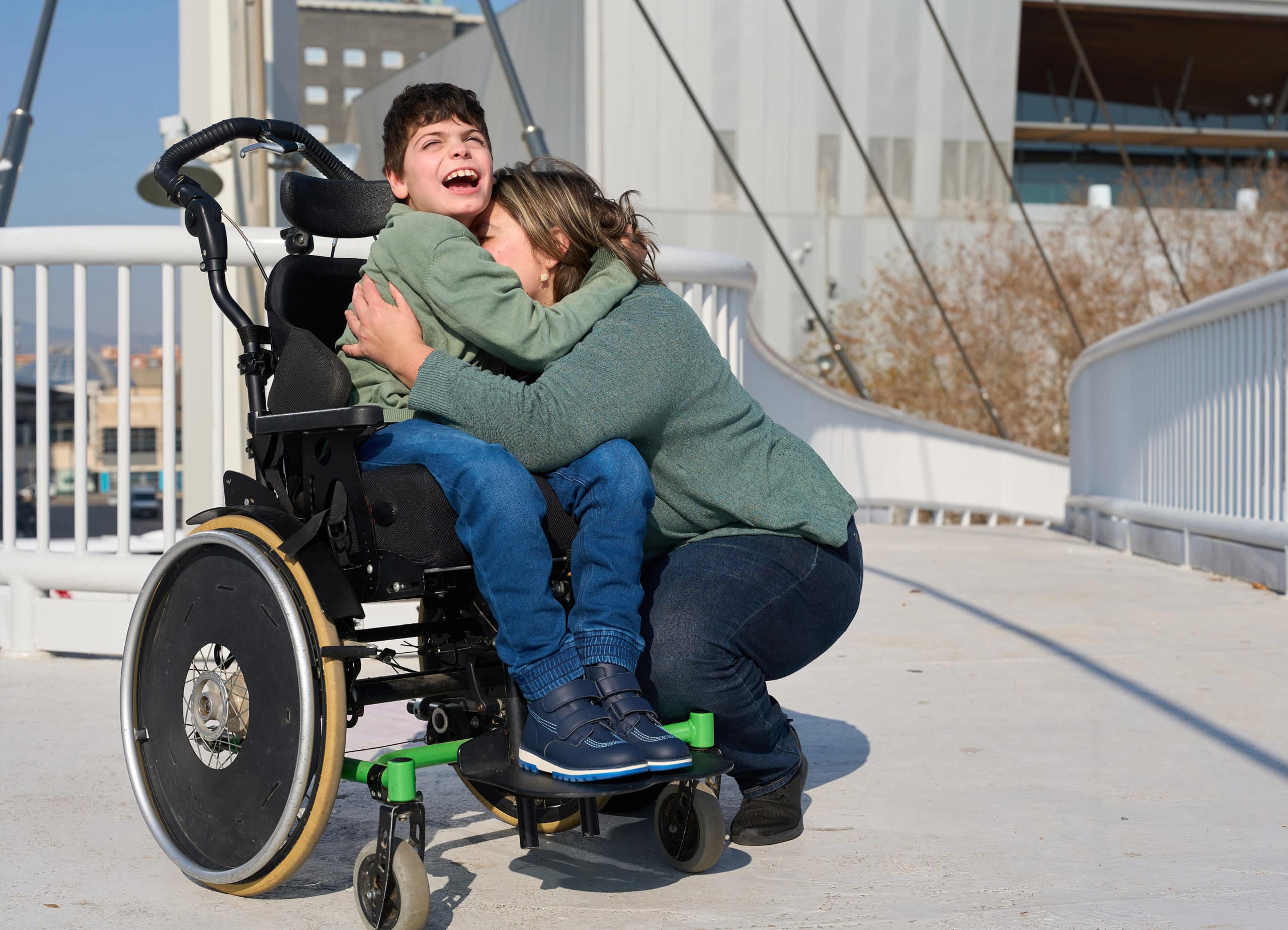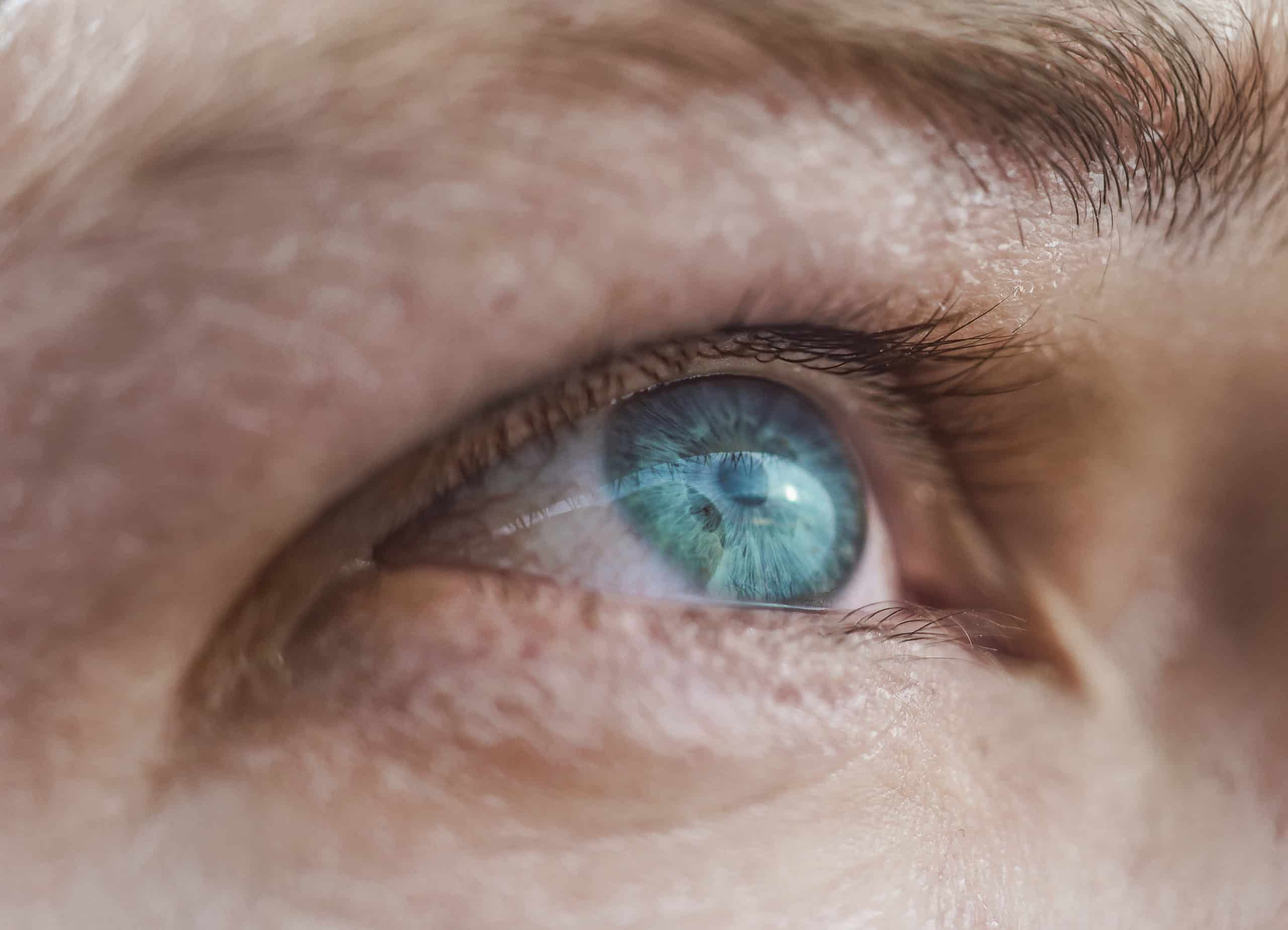We continue to explore the full therapeutic potential of our drug candidates across a range of other aging-related and muscular disorders.

Severe acute respiratory infections, such as COVID-19, continue to cause hundreds of thousands of deaths worldwide each year. Despite vaccination, virus keep mutating, maintaining a high risk of severe illness, particularly among frail, elderly, or immunocompromised patients.
BIO101 has shown outstanding efficacy results during a Phase 2/3 trial: in a study of 238 patients with severe COVID-19 symptoms, it demonstrated a 44% reduction in the risk of death or respiratory failure compared with placebo.
Through its COVA program, BIO101 could possibly be a therapeutic option for hospitalized patients with severe respiratory failure.
Duchenne muscular dystrophy (DMD) is a rare and severe genetic disease that affects 1 in 5,000 boys at birth, or around 220,000 people worldwide. It causes progressive muscle degeneration, leading to loss of mobility, respiratory failure, and heart complications, with life expectancy often limited to 25–30 years.
Despite recent advances, current treatments – including gene therapies and corticosteroids -remain controversial and largely ineffective at slowing disease progression. In advanced stages, patients often require respiratory assistance, severely impacting their quality of life.
Through its MYODA program, BIO101 could possibly be a therapeutic option for improving respiratory capacity in non-ambulatory DMD patients.


Age-related macular degeneration (AMD) is a major cause of irreversible vision loss in people over 50, affecting the macula — the central part of the retina responsible for sharp, central vision.
There are two main forms: dry AMD, which represents 80–90% of cases and progresses gradually through the accumulation of drüsen, and wet AMD, a late-stage form marked by abnormal blood vessel growth and bleeding that leads to rapid and permanent central vision loss.
Biophytis is developing its second drug candidate BIO203 to address this unmet medical need by targeting the photo-oxidative and inflammatory stresses that drive retinal degeneration.